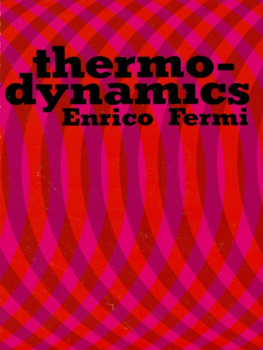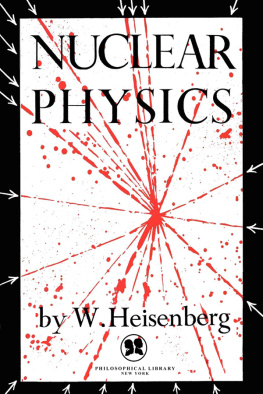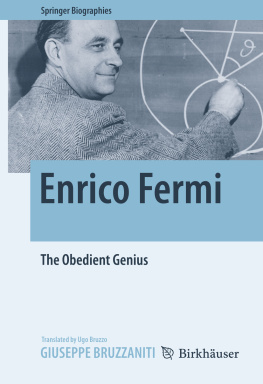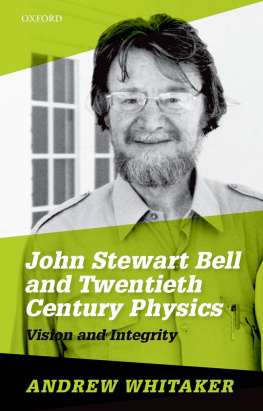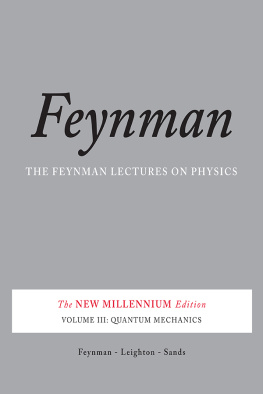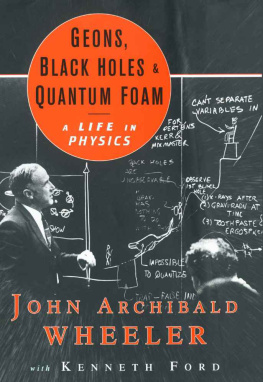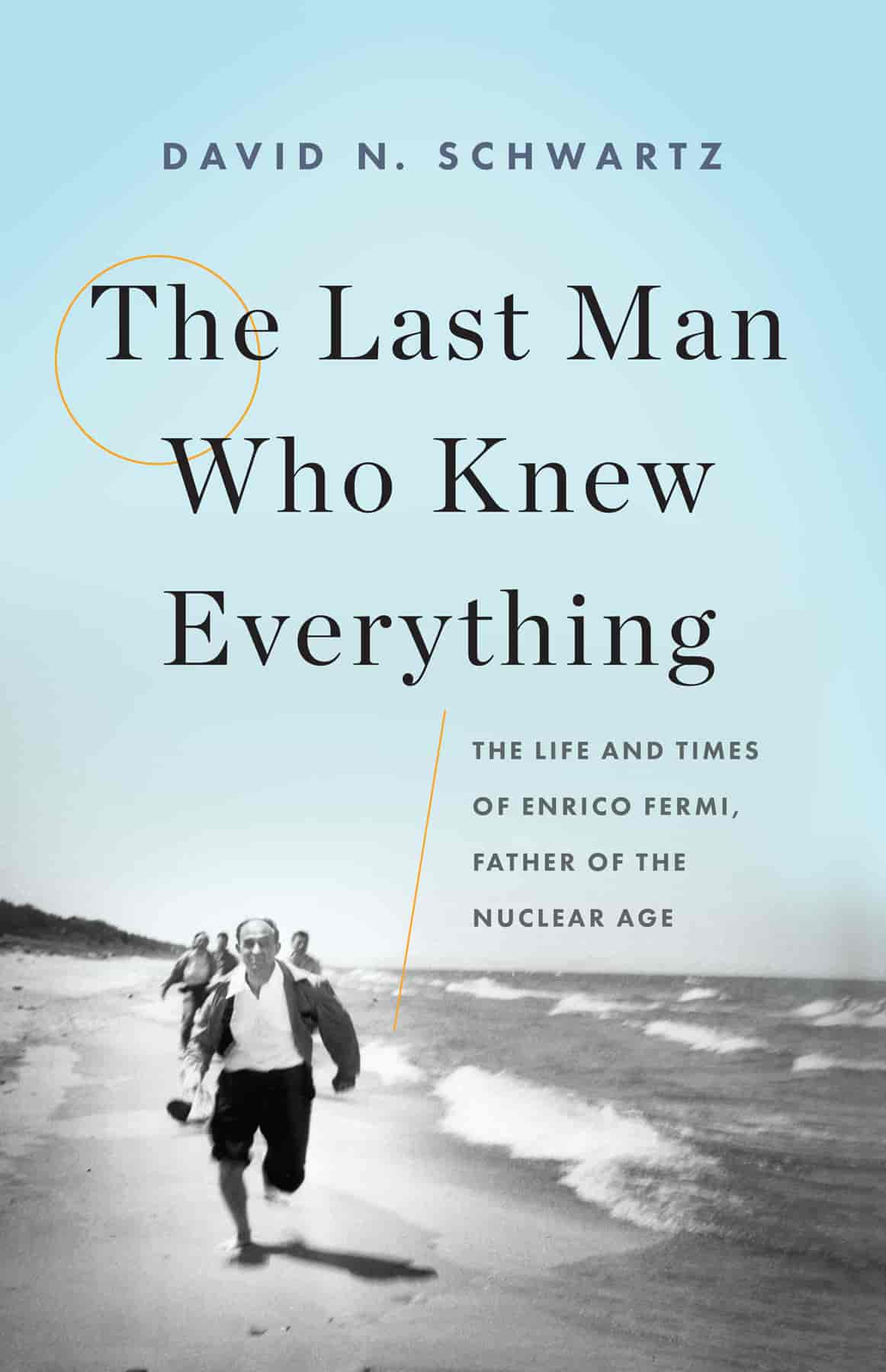Copyright 2017 by David N. Schwartz
Hachette Book Group supports the right to free expression and the value of copyright. The purpose of copyright is to encourage writers and artists to produce the creative works that enrich our culture.
The scanning, uploading, and distribution of this book without permission is a theft of the authors intellectual property. If you would like permission to use material from the book (other than for review purposes), please contact permissions@hbgusa.com. Thank you for your support of the authors rights.
Basic Books
Hachette Book Group
1290 Avenue of the Americas, New York, NY 10104
www.basicbooks.com
First Edition: December 2017
Published by Basic Books, an imprint of Perseus Books, LLC, a subsidiary of Hachette Book Group, Inc. The Basic Books name and logo is a trademark of the Hachette Book Group.
The publisher is not responsible for websites (or their content) that are not owned by the publisher.
Set in 11 point Adobe Caslon Pro
Library of Congress Cataloging-in-Publication Data
Names: Schwartz, David N., 1956author.
Title: The last man who knew everything : the life and times of Enrico Fermi, father of the nuclear age / David N. Schwartz.
Description: New York : Basic Books, an imprint of Perseus Books, LLC, a subsidiary of Hachette Book Group, Inc., [2017] | Includes bibliographical references and index.
Identifiers: LCCN 2017020558| ISBN 9780465072927 (hardcover) | ISBN 0465072925 (hardcover) | ISBN 9780465093120 (ebook) | ISBN 0465093124 (ebook)
Subjects: LCSH: Fermi, Enrico, 19011954. | PhysicistsItalyBiography. | PhysicistsUnited StatesBiography. | Nuclear physicistsItalyBiography. | Nuclear physicistsUnited StatesBiography.
Classification: LCC QC16.F46 S39 2017 | DDC 530.092 [B]dc23
LC record available at https://lccn.loc.gov/2017020558
E3-20180201-JV-PC
For Susan, with love, affection, and gratitude
M Y FATHER WAS A PARTICLE PHYSICIST. I N 1962, HE AND TWO of his colleagues conducted an experiment that demonstrated the existence of two distinct types of neutrinos, ghostly subatomic particles that can pass through hundreds of millions of miles of lead without bumping into a single atom. Hypothesized in a leap of imagination by the acerbic Viennese physicist Wolfgang Pauli, the neutrinos creation in radioactive processes was first explained by Enrico Fermi, who also gave the particle its Italianate name, meaning little neutral one. The 1962 experimenta direct legacy of one of Fermis most famous scientific achievementsmade the front page of the New York Times and won my father and his collaborators the 1988 Nobel Prize in Physics.
My connection to Fermi might well have been more direct if it were not for my fathers stubbornness as an undergraduate. in 1953, my father approached his favorite teacher, Jack Steinberger, and said that he wanted to stay at Columbia for his doctorate. He asked Jack to be his thesis adviser. Quite sensibly, Jack explained that it would be a mistake for my father to stay at Columbia and suggested doing a doctorate at the University of Chicago with Fermi. Jack had been one of Fermis first postwar graduate students, and the experience had changed Jacks life. With all the callowness youth can muster, my father objected that if he went to Chicago he would lose all the graduate credits he had accumulated as an undergraduate at Columbia. Jack relented and went on to become my fathers thesis adviser and then collaborator on the 1962 neutrino experiment.
So I always knew that Enrico Fermi was an important physicist, at least as far as my household was concerned.
My father passed away in 2006, at the relatively young age of seventy-three. Some seven years later, my mother called with the news that she had finally gone through a file cabinet my father kept in the family garage. She found hundreds of papers and documents stashed away and had no idea what to do with them. I suggested that she send them to me. When they arrived, I went through them and pulled out a series of entertaining letters and papers by a physicist named Valentine Telegdi. Telegdi was a young Fermi colleague in the early 1950s and a close friend of my father. One of the things he had sent my father was a paper he wrote about Fermis years at the University of Chicago after the war. , subsequently published in a collection of essays on great professors at Chicago edited by Edward Shils, was an eye-opener. I read with fascination about a physicist of astonishing breadth and depth, someone as adept in experiment as in theory, and a world-class teacher, to boot. Finishing the paper, I decided to get a good recent biography of the great man.
To my amazement, the most recent biography in English (as of summer 2013) was the one written by his first graduate student and later close colleague and friend, Emilio Segr. It was published in 1970. In the forty-odd years since then, an enormous amount of Nobel Prizecaliber research has extended Fermis legacy in the physics world. In addition, much has been published in the way of memoirs and historical studies to enhance our understanding of Fermi and his place in the world of physics. It seemed unjust to me that Fermione of the most dominant and most interesting figures in twentieth-century physicswas not as well known to the general public as Einstein or Feynman or Oppenheimer, about whom the public seems to have an insatiable interest.
By the late fall of 2013, I decided to write a full-length, general reader biography of the man, encompassing his scientific achievements, his personal life, and his legacy in a way that would bring him to life for a new generation of readers. Basic Books was willing to give me the opportunity to do so. It has been quite a journey.
I am not a physicist and this is not a physics book. This is a book about a man who happened to be an extraordinary physicist and who also led an eventful, dramatic life. The physics is important, of course, but you will not find equations, Feynman diagrams, or the like in this book. You will find what I hope to be straightforward descriptions of his science, accessible to the lay person. For anyone interested in a deeper level of understanding of his achievements, the best source by far is Fermis own writings, lovingly collected by his colleagues in two volumes published in the early 1960s by University of Chicago Press, Enrico Fermi: The Collected Papers. This two-volume set stands as his scientific biography and is accessible to anyone who majored in physics in college. The clarity and simplicity of Fermis style of science writing are hallmarks of his unique approach.
What you will find in this book, I hope, is a narrative that brings the whole person into focus. It is tempting to say, as did many of his colleagues, that he was all physics, all the time, and there is an element of truth to this. But he was also a husband, a father, a colleague, and a friend. He played a central role in some of the most important events of the twentieth century. The drama of his life can only be appreciated through an examination of all of these aspects.
Unfortunately, the story cannot be told as directly as a biographer would like. Fermi was prolific in his professional publications but revealed very little of himself or his inner life. Diaries simply do not exist, and personal letters are few and far between and provide little, if any, personal insight. His numerous pocket diaries are filled with physics doodles and brief accounts of his expenditures on various trips. One searches in vain for anything intimate. among the various source materials available: the memoir written by his wife of their life together, published in 1954, the year he died; the 1970 Segr biography mentioned above; memoirs and reminiscences of those who studied with him and those who worked with him, both in his native Rome and in his adopted country, the United States. Fortunately, the results of such triangulation provide a fairly consistent portrait. Still, some mysteries about what he did, and why, will probably never be resolved. I have tried to illuminate where I can and note carefully where such illumination is impossible.


